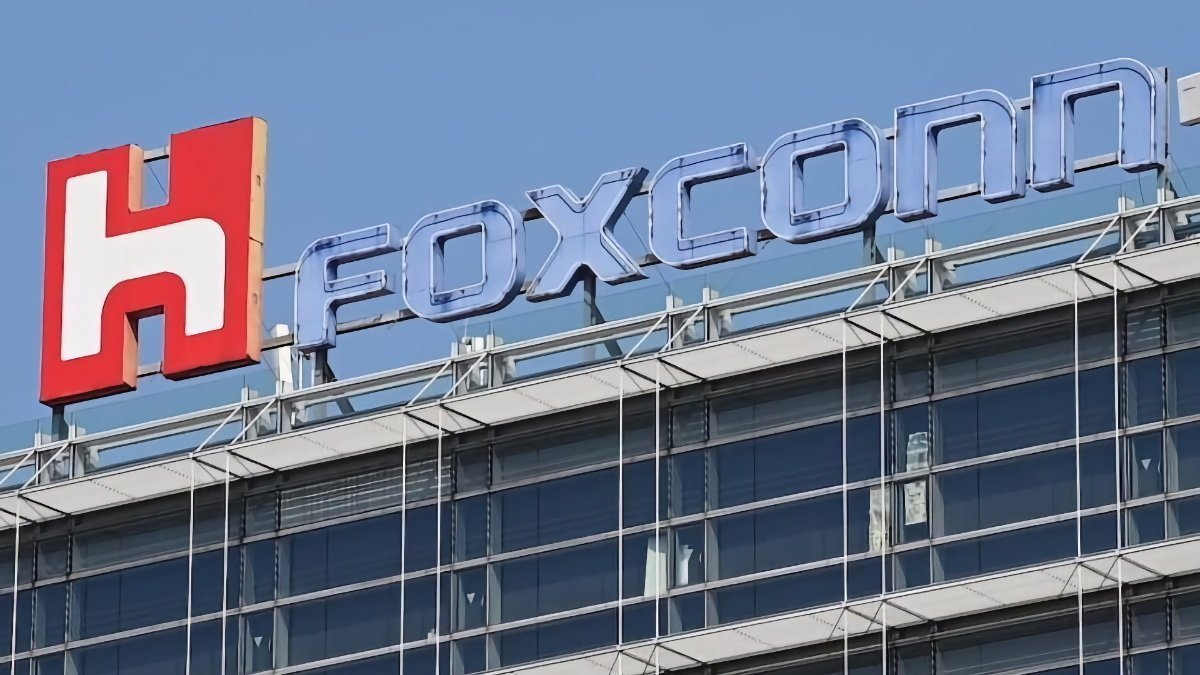Foxconn is closing factories in China as iPhone production moves elsewhere, and impacts beyond industry have been made crystal clear in a new video.
Apple has long operated its production in China, but in recent years it has been shifting away. Production in India and Vietnam is growing, with fewer products being shipped out of China.
In a China Observer report released on Monday, footage of a Foxconn industrial park in Nanning is shown to be deserted. Once employing 50,000 people, it's now practically an empty shell. AppleInsider has learned that as Apple's operations have moved elsewhere, manufacturing capacity was freed elsewhere in China, leading to this plant's closure.
A local man told the report the plant required massive resources to go with its 50,000 employees. This included 60 tons of rice per day, as well as 280 pigs, 1.2 million eggs, and 80,000 chickens.
As well as the ghost town footage of the facility itself, the effects of the China exodus affected other nearby areas. Nearby skyscrapers built to house workers for the facility are struggling to make sales, even with steep discounts.
There isn't much hope to locals that Foxconn will be using the operation again anytime soon, as signs have been taken down. It is believed that only a few buildings are being actively used by Foxconn, with the vast majority either vacant or rented out.
The facility rot and abandonment is certainly a sign that Foxconn made changes to its overall operations. Especially since Apple is keen to shift production away from a China-centric system to one more distributed.
Some of its overseas operations have even benefited from the closure. Report sources say equipment from the facilities were taken to similar factories in Vietnam.
For local communities, the closure demonstrates how much wealth Apple's production can bring to an area. It also shows how quickly it can go away, and without any other backup industries, how damaging the movements can be.
Update April 29, 4:27 PM ET Updated with details about Foxconn's move out of the area, and why.
 Malcolm Owen
Malcolm Owen







-m.jpg)






 Andrew Orr
Andrew Orr
 Wesley Hilliard
Wesley Hilliard

 Oliver Haslam
Oliver Haslam
 Christine McKee
Christine McKee
 Amber Neely
Amber Neely










18 Comments
Despite my best efforts, the only thing I can think to say is "good." The over-reliance on CCP-made goods was always tenuous at best, what with the CCP's relationship with Taiwan and the rest of the world, frankly.
This also speaks to the trouble with the Chinese economy writ large. I am sure this scene is being duplicated throughout China in other industries.
I remember when there was first talk of Apple diversifying production away from China — some people claimed it was impossible, or would take decades.
Is this the plant? I can't watch the video right now.
It was very shortlived if it was that one and there could be penalisation clauses if it was built for Apple's needs and then Apple transferred production elsewhere.
If that project never got off the ground there could be other reasons afoot (apart from relocating production).
The only real way to gauge production output is a percentage of total China Apple output.
BYD replaces Foxconn, and Huawei replaces Apple, which is wonderful for indigenous phone sales, but not so much for exports. It's hard to imagine that BYD and Huawei will be better for the workers and local economies than Foxconn and Apple, but that's what the PRC will end up with.
I appreciate that Apple is interested in adding more countries, like Indonesia, to its supply chain, while vacating a portion of its supply chain in China.